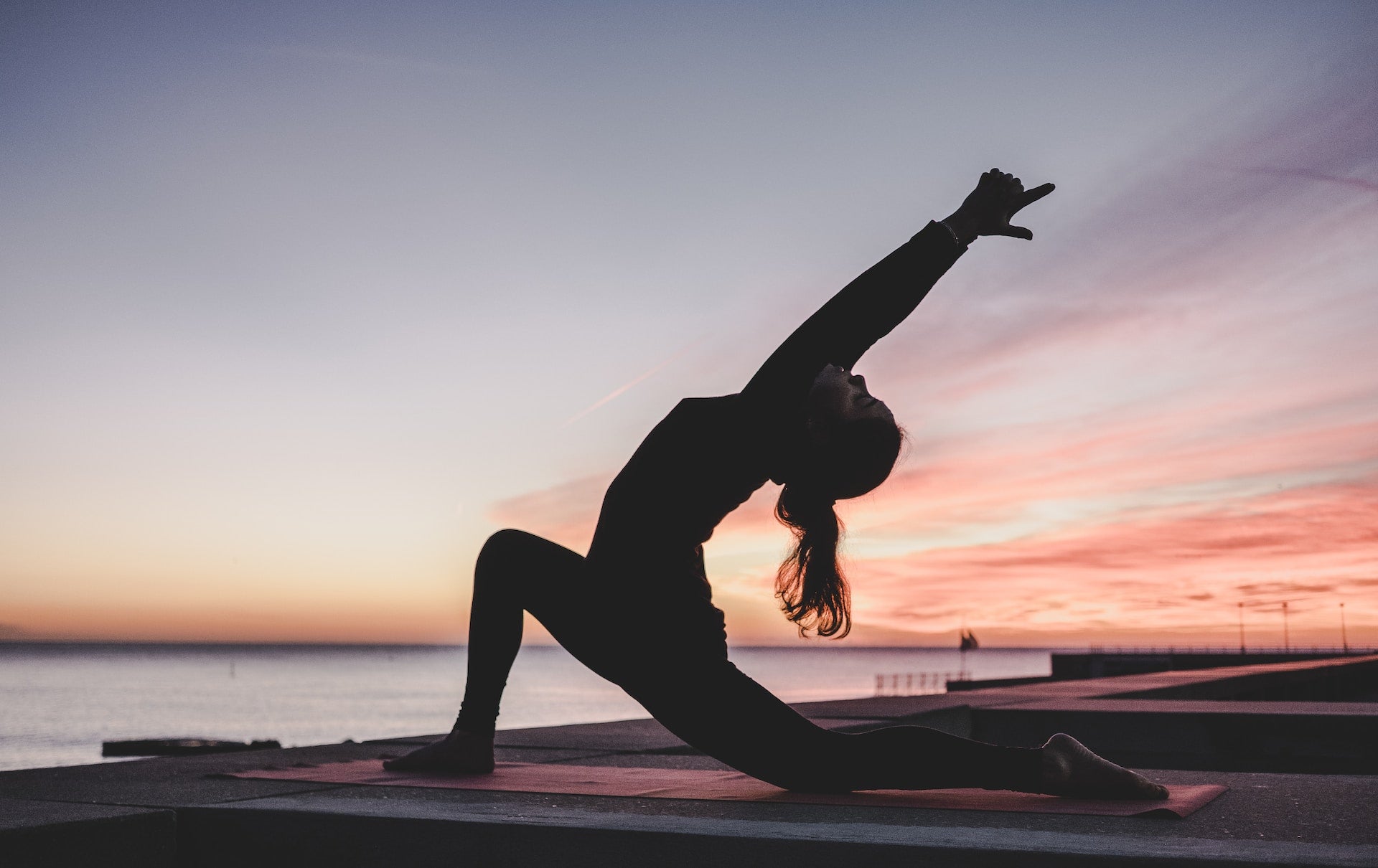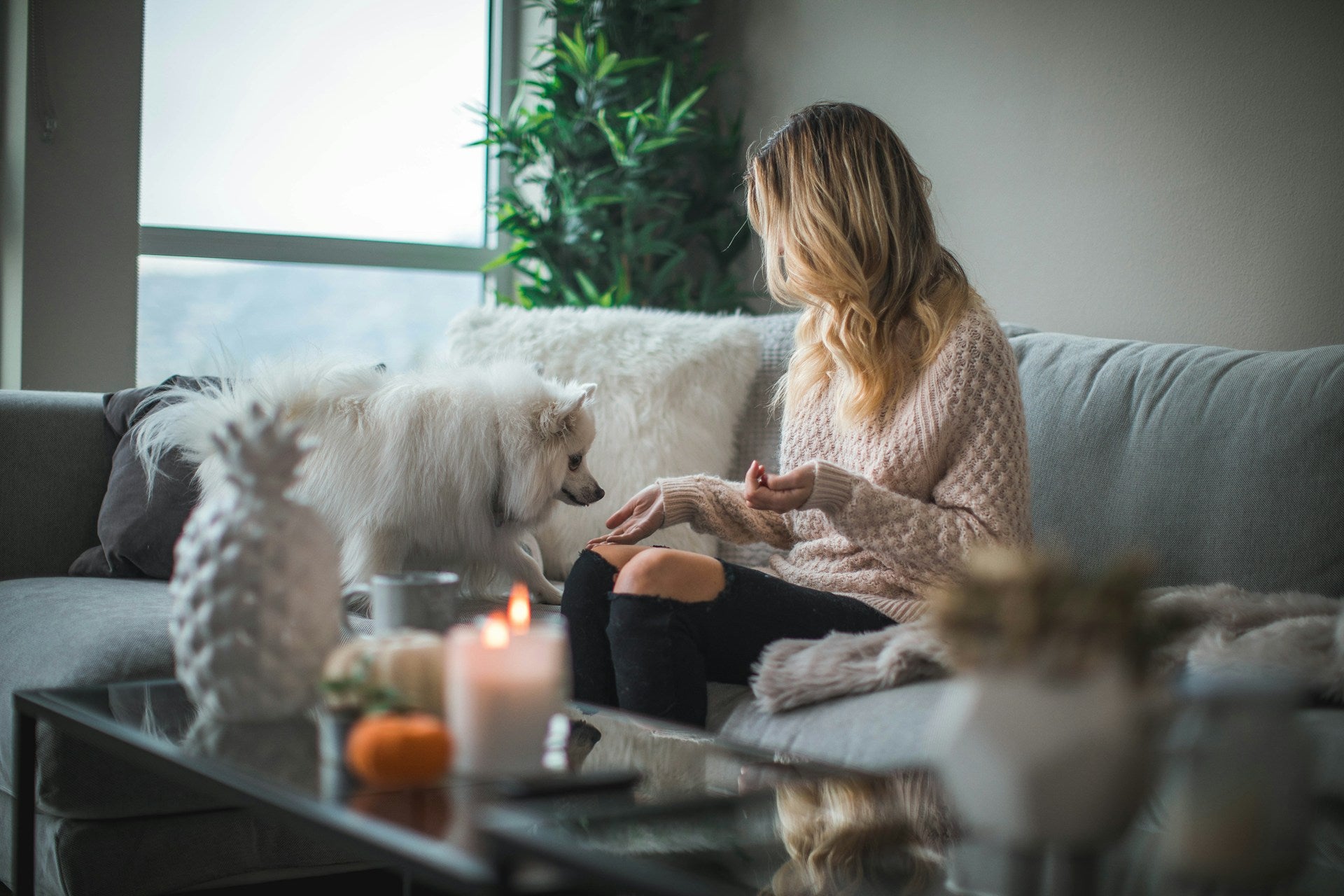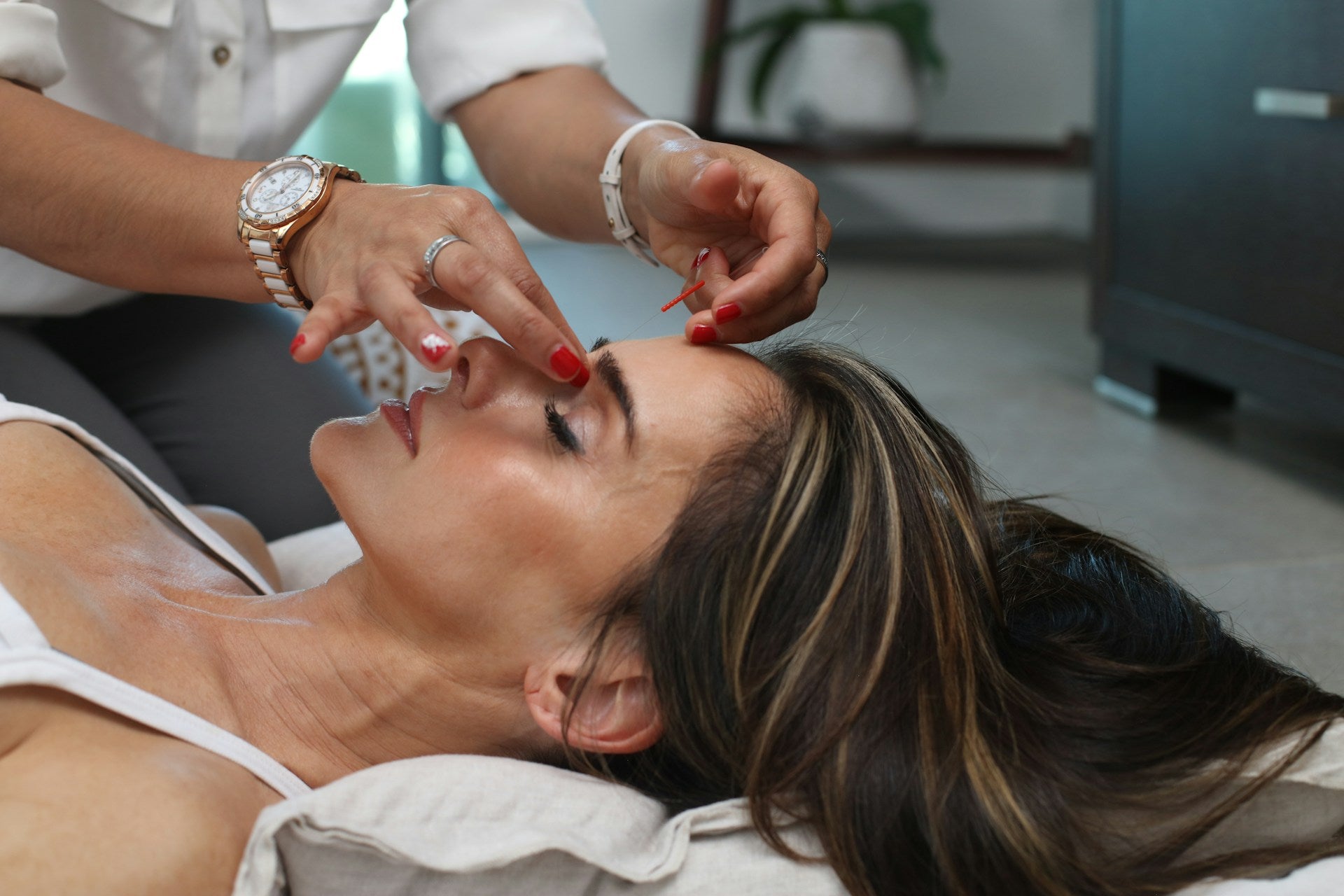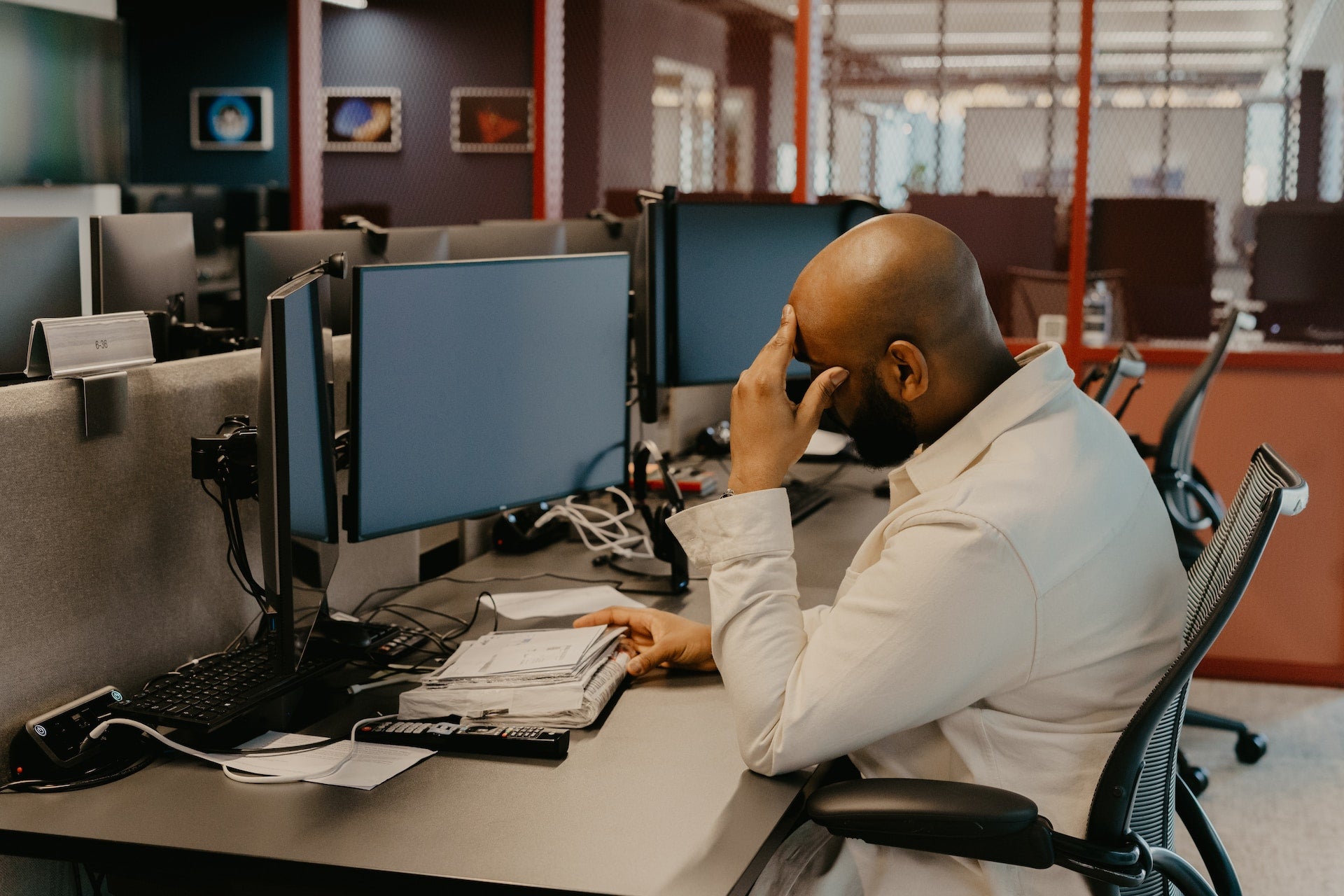The Link Between Sleep Deprivation and Anxiety
Sleep deprivation can cause many symptoms, including irritability, fatigue, and difficulty concentrating. These symptoms can lead to anxiety and, in some cases, even trigger anxiety disorders. This is because insufficient sleep can disrupt the balance of chemicals in the brain that regulate mood and stress levels. When we don’t get enough sleep, our brain produces more stress hormones, including cortisol, which can trigger feelings of anxiety and panic. In addition, sleep deprivation can affect the way we process emotions. Experts also revealed that our brain could regulate emotions less when sleep-deprived, leading to heightened anxiety levels. This is because the part of the brain that controls emotions, the amygdala, becomes overactive when we don’t get enough sleep.Anxiety Disorders Caused by Sleep Deprivation
1. Generalized Anxiety Disorder (GAD)
Generalized Anxiety Disorder (GAD) is a typical disorder characterized by excessive worry and fear concerning everyday events and situations. Lack of sleep can exacerbate the GAD symptoms, making the individual feel more anxious and on edge.2. Panic Disorder
Panic Disorder is another anxiety disorder characterized by sudden and unexpected panic attacks. Sleep deprivation can trigger panic attacks, as the individual’s stress levels are already high due to lack of sleep.3. Social Anxiety Disorder
Social Anxiety Disorder is known to be a fear of social situations and interactions. Lack of sleep can make social situations more stressful, exacerbating social anxiety disorder symptoms.4. Obsessive-Compulsive Disorder (OCD)
Intrusive thoughts and compulsive behaviors characterize Obsessive-Compulsive Disorder. Lack of sleep can worsen these symptoms, as the individual’s control of their thoughts and behaviors is compromised.5. Post-Traumatic Stress Disorder (PTSD)
Post-Traumatic Stress Disorder is an anxiety disorder that can occur after experiencing or witnessing a traumatic event. Sleep deprivation can exacerbate the symptoms of PTSD, making the individual feel more anxious and on edge.Tips to Manage Anxiety and Get Better Sleep
- Practice Good Sleep Hygiene. This includes going to bed and waking up at the same time each day, avoiding too much caffeine and alcohol before bed, and creating a relaxing sleep environment.
- Try Relaxation Techniques. This includes meditation or deep breathing to help calm your mind and reduce anxiety before bed.
- Exercise Regularly. This technique can help regulate mood and improve sleep quality.
- Talk to a Mental Health Professional. Discuss your anxiety symptoms and develop a treatment plan for therapy, medication, or other interventions.
- Take Alternatives. Consider a natural sleep supplement like quantum energy anti-anxiety, melatonin, or CBD oil to help promote better sleep.










